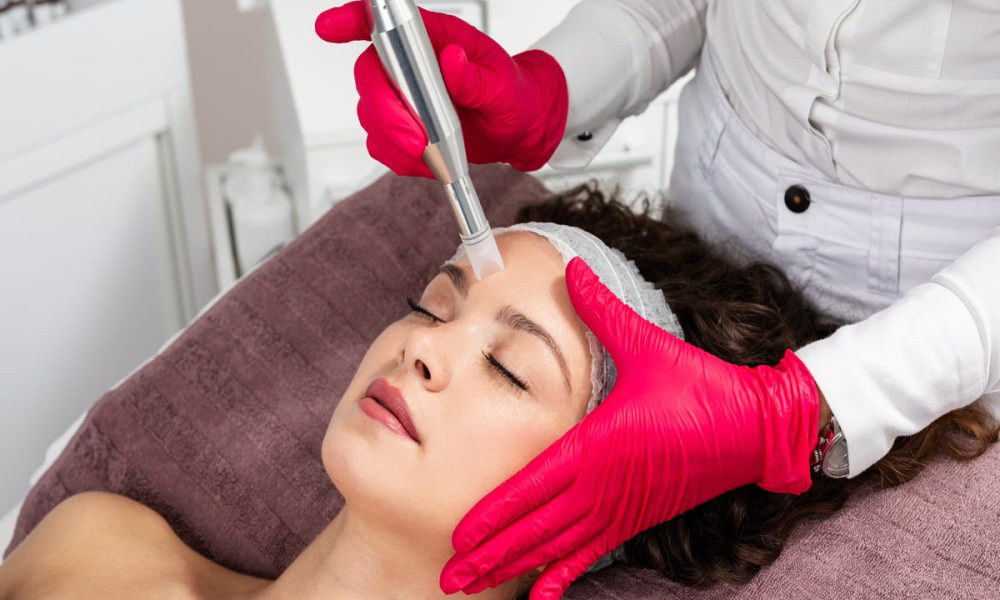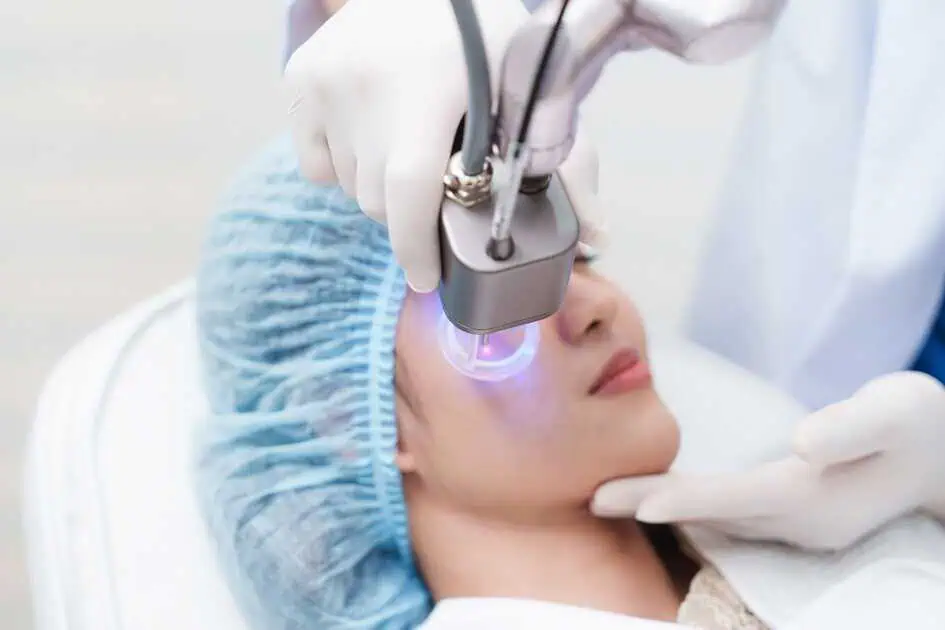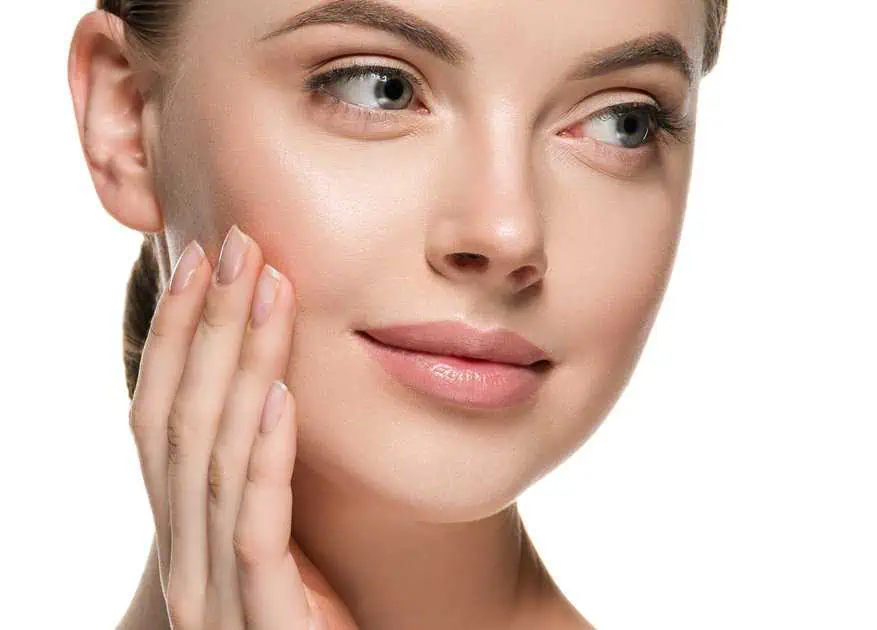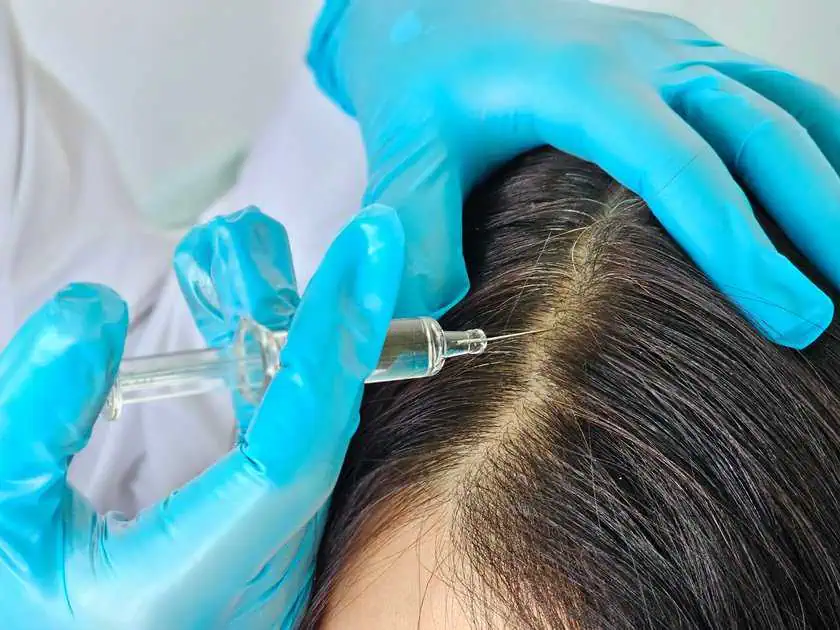Table of Contents
Acne, a ubiquitous skin condition that affects millions worldwide, often leaves behind stubborn marks and scars. Despite the myriad treatments available, microneedling has emerged as a promising solution in skincare. This innovative technique has garnered attention for its potential in treating acne scars. But does microneedling truly live up to its hype? In this comprehensive guide, we’ll delve into the science, procedure, effectiveness, potential benefits, and considerations surrounding microneedling for acne.
Understanding Acne and its Scars:
Acne, a common skin woe, manifests as pimples, blackheads, whiteheads, and cysts, often causing physical and emotional distress. While the severity of acne varies, it can leave lasting marks in the form of scars, hyperpigmentation, or pockmarks. These post-acne scars can significantly impact self-esteem and confidence, compelling individuals to seek viable solutions for smoother, clearer skin.
Traditional Treatments for Acne Scars:
Over the years, various methods have been employed to address acne scars. These include topical creams, chemical peels, laser treatments, and dermabrasion. While some yield satisfactory results, others might need to improve in providing comprehensive scar reduction or skin rejuvenation.
What is Microneedling?
Microneedling, or collagen induction therapy, is a minimally invasive cosmetic procedure. The process involves using a device equipped with fine needles that create tiny punctures or micro-injuries in the skin. This controlled injury prompts the skin’s natural healing response, stimulating collagen and elastin production and leading to skin regeneration and rejuvenation.
Microneedling for Acne Scars:
The primary appeal of microneedling lies in its potential to address acne scars. By promoting collagen production and skin regeneration, microneedling aims to minimize the appearance of scars, evening out skin texture and tone. Studies suggest that microneedling can effectively reduce atrophic acne scars, which are characterized by depression in the skin.
The Procedure:
Microneedling can be performed by a dermatologist, aesthetician, or trained professional. Before the procedure, the skin is typically cleansed, and a topical numbing cream is applied to minimize discomfort. The microneedling device is then passed over the skin, creating controlled micro-injuries. The depth of needle penetration can vary depending on the specific skin concerns and the targeted depth needed for optimal results.
Does Microneedling Work for Acne Scars?
While microneedling shows promise in reducing the appearance of acne scars, individual results can vary. Some factors influencing the efficacy of microneedling include the depth and severity of the scars, the number of sessions, the skill of the professional performing the procedure, and post-treatment care.
Research on microneedling for acne scars has shown encouraging results. Several studies have demonstrated significant improvements in the appearance of acne scars following microneedling treatments. However, it’s essential to note that more extensive and rigorous research is required to establish its efficacy across diverse skin types and scar severities.
Benefits of Microneedling for Acne Scars:
Apart from reducing acne scars, microneedling offers additional skincare benefits. It can improve overall skin texture, reduce pore size, enhance skin firmness, and even aid in absorbing topical skincare products, maximizing their efficacy.
Considerations and Possible Side Effects:
Although microneedling is generally considered safe, there are potential side effects. These can include redness, swelling, and minor discomfort post-treatment. In some cases, there might be a risk of infection or pigment changes, particularly in individuals with a history of keloid scarring or active skin infections.
Post-Treatment Care and Recovery:
Following a microneedling session, proper post-treatment care is crucial for optimal results. This often involves using gentle skincare products, avoiding direct sun exposure, and adhering to the guidelines provided by the skincare professional.
Current Trends in Microneedling for Acne:
As technology advances, microneedling procedures continue to evolve. One notable advancement is the introduction of radiofrequency (RF) microneedling. RF microneedling combines traditional microneedling with radiofrequency energy, which can enhance collagen production and potentially improve outcomes for acne scars. This innovation aims to deliver more effective results in fewer sessions than traditional microneedling.
Furthermore, the emergence of at-home microneedling devices has piqued interest among skincare enthusiasts. However, it’s essential to approach at-home devices cautiously and ensure they are used correctly and at an appropriate depth to avoid adverse effects or potential complications.
Potential Advancements in Microneedling Technology:
Continuous research and development in the field of microneedling offer exciting possibilities for refining this treatment further. Scientists and skincare experts are exploring variations in needle lengths, innovative materials, and different delivery mechanisms to optimize results while minimizing discomfort and downtime.
Moreover, the integration of microneedling with other skincare modalities, such as combining it with platelet-rich plasma (PRP) or specific serums, is gaining attention. These combinations aim to amplify the effects of microneedling by capitalizing on the skin’s heightened receptiveness post-treatment.
Cost Considerations and Accessibility:
The cost of microneedling for acne scars can vary widely depending on several factors, including the provider’s expertise, geographic location, and the number of sessions required. While it might present a considerable investment, many individuals view it as a worthwhile expenditure for achieving smoother, clearer skin.
In recent times, efforts have been made to enhance the accessibility of microneedling treatments. Some clinics offer package deals for multiple sessions or introductory offers to make these treatments more financially feasible for individuals seeking to address their acne scars.
Conclusion
Microneedling presents a promising avenue to reduce acne scars and rejuvenate the skin. While it shows potential, individual experiences may vary, and results are not immediate. Consulting with a qualified skincare professional and managing realistic expectations are essential before opting for microneedling as an acne scar treatment. With ongoing advancements in skincare technology, microneedling continues to be a compelling option for those seeking smoother, clearer skin.
In summary, the question “Does Microneedling for Acne Work?” is met with a promising outlook but with the caveat that individual results and experiences may differ. Its efficacy, while supported by scientific studies, depends on various factors. Yet, as an innovative and minimally invasive procedure, microneedling offers hope to individuals seeking to address their acne scars and improve the overall texture and appearance of their skin. Unlock Your Skin’s Radiance with Microneedling at Beauty Boss Co. Aesthetics & Wellness!
Are acne scars holding you back from flaunting your flawless skin? Say hello to renewed confidence with our Microneedling treatments at Beauty Boss Co. Aesthetics & Wellness. Book your Microneedling session today and take the first step toward a more confident, radiant you! Our team at Beauty Boss Co. Aesthetics & Wellness is here to help you achieve the skin you’ve always dreamed of.






